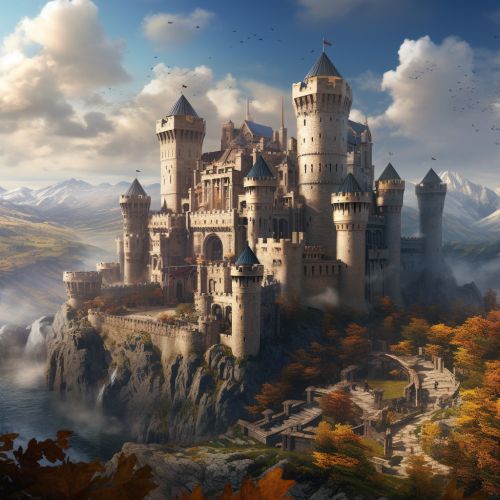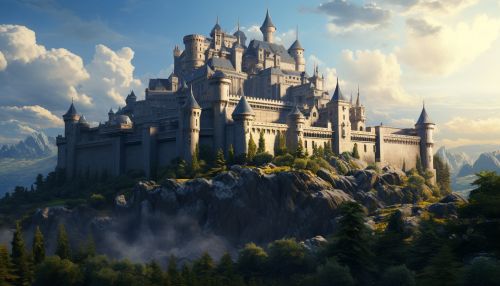European powers
Origins of European Powers
The concept of European powers can be traced back to the Middle Ages, when certain kingdoms began to consolidate their power and influence over vast territories. These kingdoms, such as the Kingdom of England, the Kingdom of France, and the Holy Roman Empire, laid the groundwork for the emergence of powerful nation-states in Europe.


The Age of Discovery
The Age of Discovery marked a significant turning point in the history of European powers. During this period, European nations embarked on voyages of exploration and discovery, leading to the establishment of colonies and trade networks around the world. This expansion of influence and wealth further solidified the status of these nations as major powers on the global stage.
The Industrial Revolution
The Industrial Revolution brought about significant changes in the economic and political landscape of Europe. The advent of new technologies and manufacturing processes led to a shift from agrarian economies to industrial ones. This economic transformation, coupled with the growth of the middle class and the spread of liberal ideas, played a crucial role in the rise of new European powers such as Germany and Italy.
The World Wars
The two World Wars of the 20th century had a profound impact on the balance of power in Europe. The devastation caused by these conflicts, as well as the political and economic changes that ensued, led to a reconfiguration of the European powers. The aftermath of World War II, in particular, saw the emergence of two superpowers - the United States and the Soviet Union - and the division of Europe into two ideological blocs.
The European Union
The establishment of the European Union (EU) represents a significant development in the history of European powers. The EU, which began as an economic community, has evolved into a supranational entity with significant political and economic influence. The EU's member states collectively represent one of the world's largest economies and play a crucial role in global affairs.
Current European Powers
Today, several European nations are considered major global powers. These include the United Kingdom, France, and Germany, which are recognized as nuclear-armed states and permanent members of the United Nations Security Council. In addition, the EU as a whole continues to exert significant influence on the global stage.
